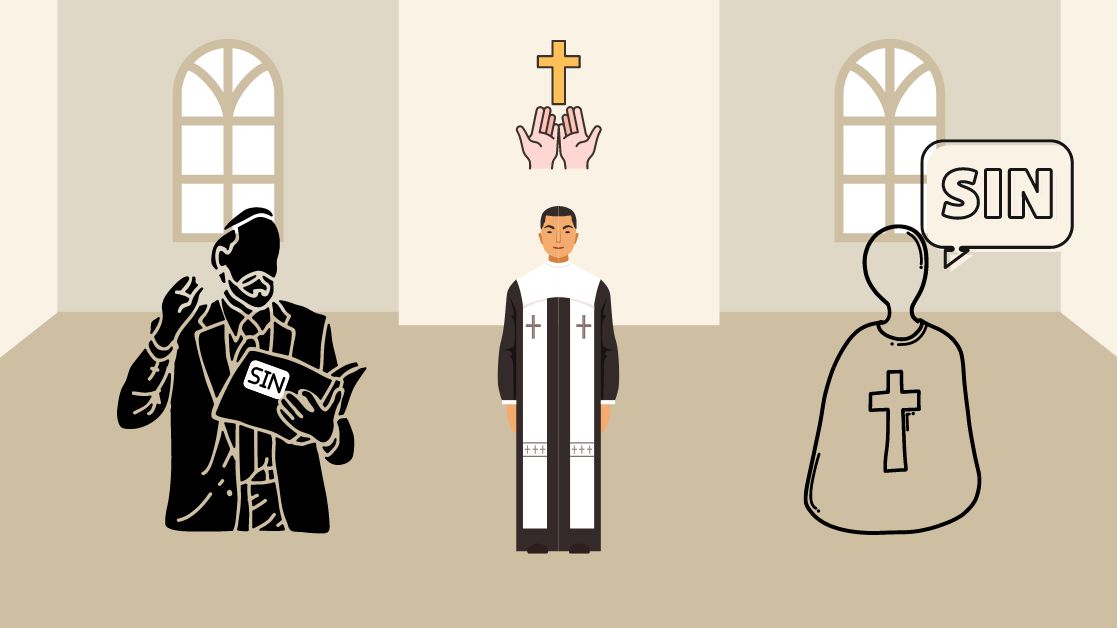Christians generally hold their pastors and leaders in high esteem as spiritual guides. Therefore, accepting that a pastor or church leader has committed a grave sin or is consistently engaged in sinful behavior becomes challenging.
It is crucial to acknowledge that, based on the guidelines outlined in 1 Timothy 3:1-7 and Titus 1:5-9, such individuals may no longer meet the qualifications necessary for their role. While we are inclined to exhibit love and compassion, it becomes necessary to take appropriate action when pastors disqualify themselves.
Criteria For Pastorate
The specific criteria for eldership and pastoral roles outlined in 1 Timothy 3 and Titus 1 highlights the challenging position churches find themselves in. These criteria are necessary to identify individuals who are fit for the role while recognizing that some individuals may be unsuitable.
Qualifications imply that one can be a forgiven sinner who lives in a manner pleasing to the Lord but still may not meet the requirements for being an elder. This goes beyond lacking teaching abilities, wisdom in governance, or leadership skills.
Difference Between Forgiveness and Trust
Another crucial point to consider is the significant distinction between being forgiven and being trusted. Forgiveness is granted and received through the redemptive power of Christ’s blood, and it can be extended instantaneously upon genuine repentance (Acts 3:19).
However, trust is not solely reliant on the forgiveness found in Christ; it is also built upon a demonstrated track record of reliability and faithfulness in one’s life.
There is a narrative involving a woman caught in adultery, and the Pharisees sought to condemn her by stoning. In response to their persistent questioning, Jesus stood up and addressed them, saying, “Let any one of you without sin be the first to throw a stone at her” (John 8:7).
In this scenario, Jesus has the only right to throw a stone, but he chose to show mercy and compassion.
While Jesus may forgive a pastor for his sins, it may take time for the people he has sinned against, including the church community, to restore their trust.
A pastor who sinned should focus on attaining it through unwaveringly reliable conduct that goes above and beyond, showcasing his self-discipline and wholehearted dedication to Jesus.
1 Corinthians 9:24 encourages individuals to demonstrate unwavering commitment, self-discipline, and wholehearted dedication in pursuing the ultimate prize. Just as runners go above and beyond to win the race, believers are encouraged to pursue their spiritual journey with similar commitment and effort.
Repentance
According to 1 Timothy 5:19-20, pastors are not exempt from the consequences of sin and error. This passage implies that the prescribed process of church discipline, outlined in Matthew 18:15-20, has been followed prior to addressing the pastor’s wrongdoing.
The initial stage of church discipline entails the responsibility of any individual within the community to approach a fellow believer who has committed a serious or habitual sin.
This step assumes that those who are aware of the pastor’s or leader’s wrongdoing will personally and privately engage with them in a spirit of humility and kindness, as encouraged in Galatians 6:1, to guide them toward repentance.
Pastors Are Humans Too
Pastors are also fallible human beings. They are all subject to the limitations and imperfections of humanity. It means they can make poor choices, unwise decisions, and commit sins. But this does not mean that their actions or behaviors are justified, but we need to have a realistic perspective when it comes to pastors.
The apostle Paul, widely recognized as one of the greatest Christians in history, confronted the truth of his own human nature in Romans 7. This serves as a reminder that even someone of Paul’s stature grappled with the challenges and limitations inherent to being human.
Bottom Line
The Bible addresses the issue of pastors who sin by emphasizing that they are not exempt from the consequences of their actions. While pastors hold a significant role in spiritual leadership, they are also human beings.
The Scriptures encourage a proper response to their sin, including following the steps of church discipline outlined in Matthew 18:15-20. It is important to remember that forgiveness and restoration are possible through genuine repentance and the redemptive work of Christ.




